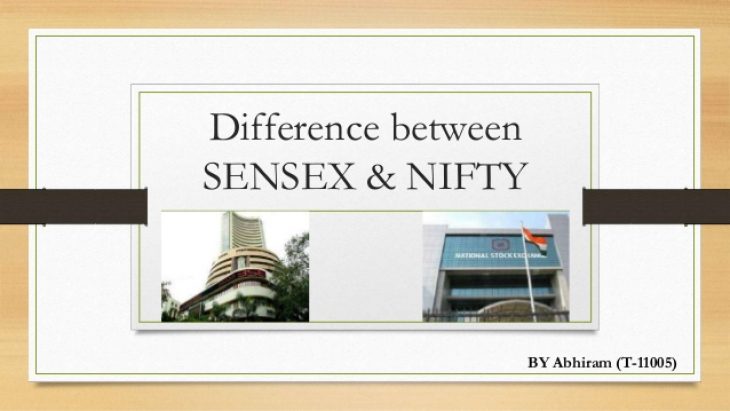A market index can be referred to as the weighted average of a group of stocks listed on a stock market. Market indexes such as Sensex and the Nifty act as the representation of the whole stock market and helps investors and trader track the overall changes in stock market changes.
What is Sensex?
The BSE or the Bombay Stock Exchange is the 11th largest stock exchange in the world and is the oldest Asian Stock Exchange. The Bombay Stock Exchange is located on Dalal Street in Mumbai and also referred to as one of the fastest stock exchanges in the world.
Sensex is known as the market index of the Bombay Stock Exchange and also is known as the BSE30. The Sensex consists of 30 of the most well established and financially robust stocks listed on the Bombay Stock Exchange. These 30 stocks are spread across multiple sectors and industries, offering an equal representation of the entire stock market.
The Sensex functions a market movement indicator for the Bombay Stock Exchange, which means if the Sensex falls, the prices most of the stocks listed on the BSE also fall, and if the Sensex rises, the prices of most commodities listed on the BSE also rises.
What is Nifty?
NIFTY is the market index of the National stock exchange and also is known as the NIFTY 50. Just like the Bombay Stock Exchange, NIFTY comprises of 50 of the most well established and financially robust stocks listed on the National Stock Exchange. These 50 stocks are spread across multiple sectors and industries, offering an equal representation of the entire stock market.
The NIFTY consists of 50 of the most well established and financially robust stocks listed on the National Stock Exchange. These 50 stocks are spread across multiple sectors and industries, offering an equal representation of the entire stock market.
Image Credit: slideshare.net


